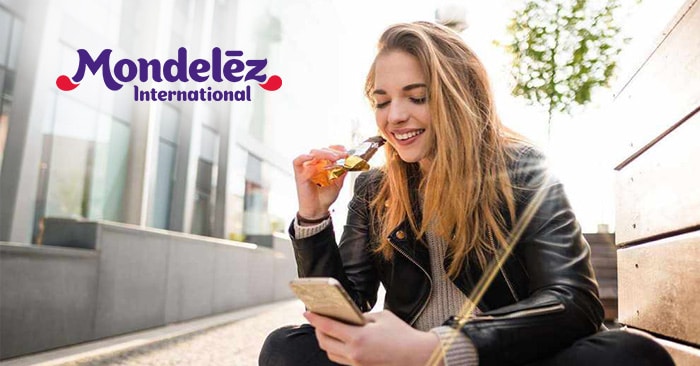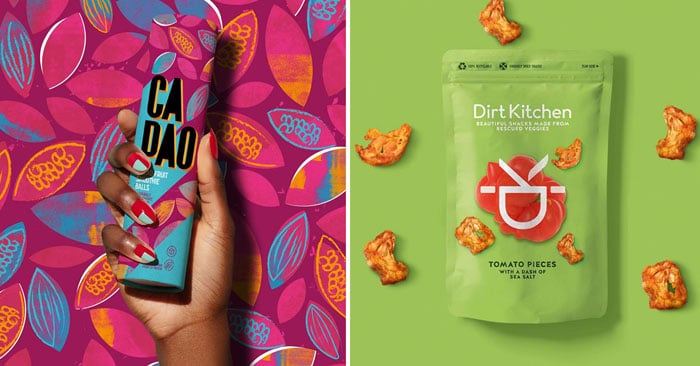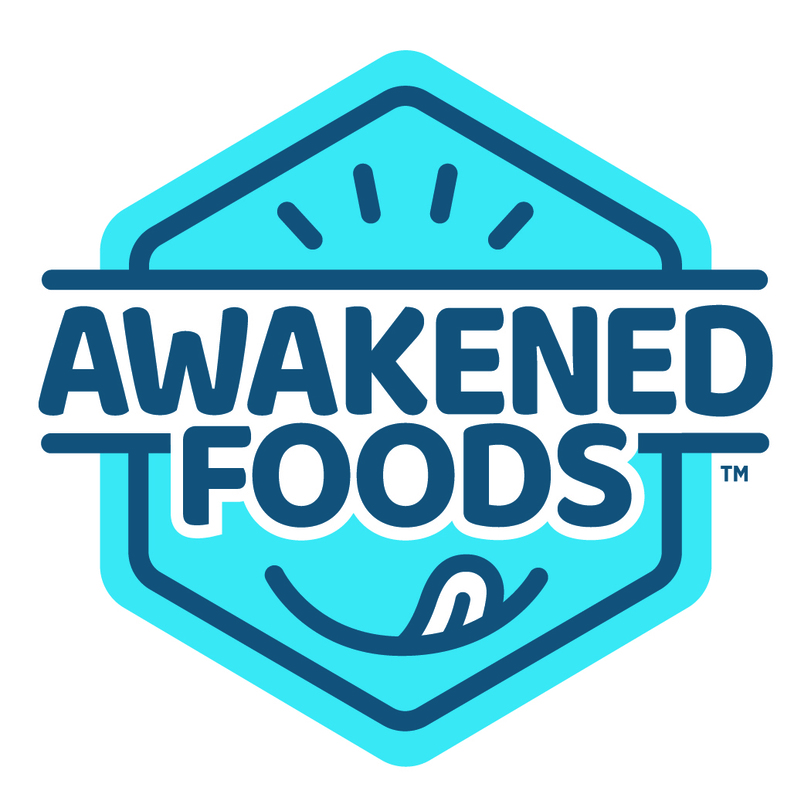Mondelez: Balance Key for Future of Snacking

Snack giant Mondelez wants to teach consumers that more isn’t necessarily merrier when it comes to snacking. In its ‘Snacking Made Right’ report and on an investor call Friday, Mondelez CEO Kirk van de Put outlined plans to promote balanced, mindful snacking and outlined the company’s wide-reaching sustainability strategy.
During the call, van de Put said research has found that consumers care even more about how companies operate after COVID-19 disrupted the supply chain. During the pandemic, Mondelez extended its sick leave policy, enforced social distancing guidelines and donated $20 million globally, he said, along with repurposing some facilities to produce PPE. But looking forward, the company’s core mission is around sustainability and mindful snacking.
“While many things have changed due to COVID-19, the issues we are committed to tackle remain the same,” van de Put said.

The snack producer has already launched more hyper-focused, experimental brands CaPao and Dirt Kitchen via its innovation arm, SnackFutures, but has further plans for a wellness revamp across its entire core portfolio, he said.
Mindful Moments
While consumer snacking behaviors have shifted during COVID-19, Mondelez believes that there’s a ‘right’ way of snacking that’s better for consumers in the long run. Van de Put explained that promoting a mindful, controlled approach to snacking drives every division of the company.
It helps that snacking is growing worldwide, he said, noting an 18% increase in average snacking occasions globally from 2015-2017, and that 6 in 10 adults (and 7 in 10 Millennials) prefer small meals rather than few larger ones. Mondelez’s core category sales are expected to double by 2022, reaching over $50 billion with a compound annual growth rate (CAGR) of 3%; at the same time, wellbeing categories are expected to reach over $20 billion with a CAGR of 6-7%.
But consumers define “wellbeing” differently now, van de Put noted, as a more “holistic view aligned to their values.”
“That means, for instance, that sustainability will play a role in if a product is considered a positive wellbeing choice or not,” he said.
Moving forward, he said, there’s a “clear opportunity” for “wellness-driven growth within core categories.” Mondelez will drive that via portion control and functional nutrition, along with continuing to reduce sugar, sodium and trans and saturated fats in existing products and through new line extensions.
Company research found that consumers seek balance between healthy and indulgent snacks: 71% said snacking helps them control hunger and manage calories, and 77% said there’s a time and place for both healthy snacks and indulgent options.
But it’s not just what’s inside the snack — it’s how you eat it. Van de Put said the company wants to promote ‘mindful snacking,’ focusing on enjoying snacks to feel satisfied and balanced. The goal is having portion controlled products comprise 20% of Mondelez’s snack revenue by 2025. Already the company exceeded its 2020 goal to have 15% of snack revenue from portion controlled products, with these snacks representing 16% of its $26 billion in net revenue in 2019. Mondelez won’t “flip” to a solely healthy portfolio, but reinvention comes with its own challenges, van de Put said.
“It’s easier to connect to the consumer if you launch a new brand much more on health positioning, but at the same time it’s expensive and takes a while before it’s a certain size,” van de Put said. “On the other hand, existing brands already have a certain image and connotation in consumers’ minds — to shift that image is more difficult.”
Sustainability: Beyond Storytelling
Consumers are not just mindful of their own habits, but of the environment at large. Christine Montenegro McGrath, Mondelez’s VP and chief of global impact, said the company will reduce both CO2 emissions and water usage by 10% each by 2025. Furthermore, Mondelez will seek to reduce food waste by 15% in manufacturing and 50% in distribution. Waste reduction efforts saved the company $87 million in 2019, she noted, adding that the issue requires “industry wide collaboration.”
McGrath further highlighted the cocoa supply chain’s “unique issues,” and said Mondelez’s $400 million investment in Cocoa Life, an initiative started in 2012, will result in 100% sustainably-sourced cocoa (already at 63% as of 2019) throughout the portfolio by 2025. Other efforts include sourcing sustainable palm oil and wheat. Mondelez seeks a “holistic, community centric approach” to these causes, she noted.
“Our agenda is quite focused compared to other companies,” van de Put added. “I think we make bigger progress so we can make a difference.”
















